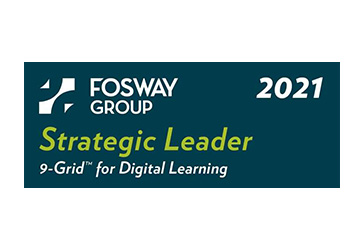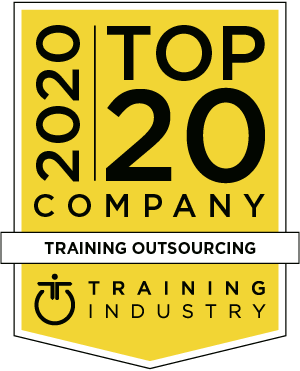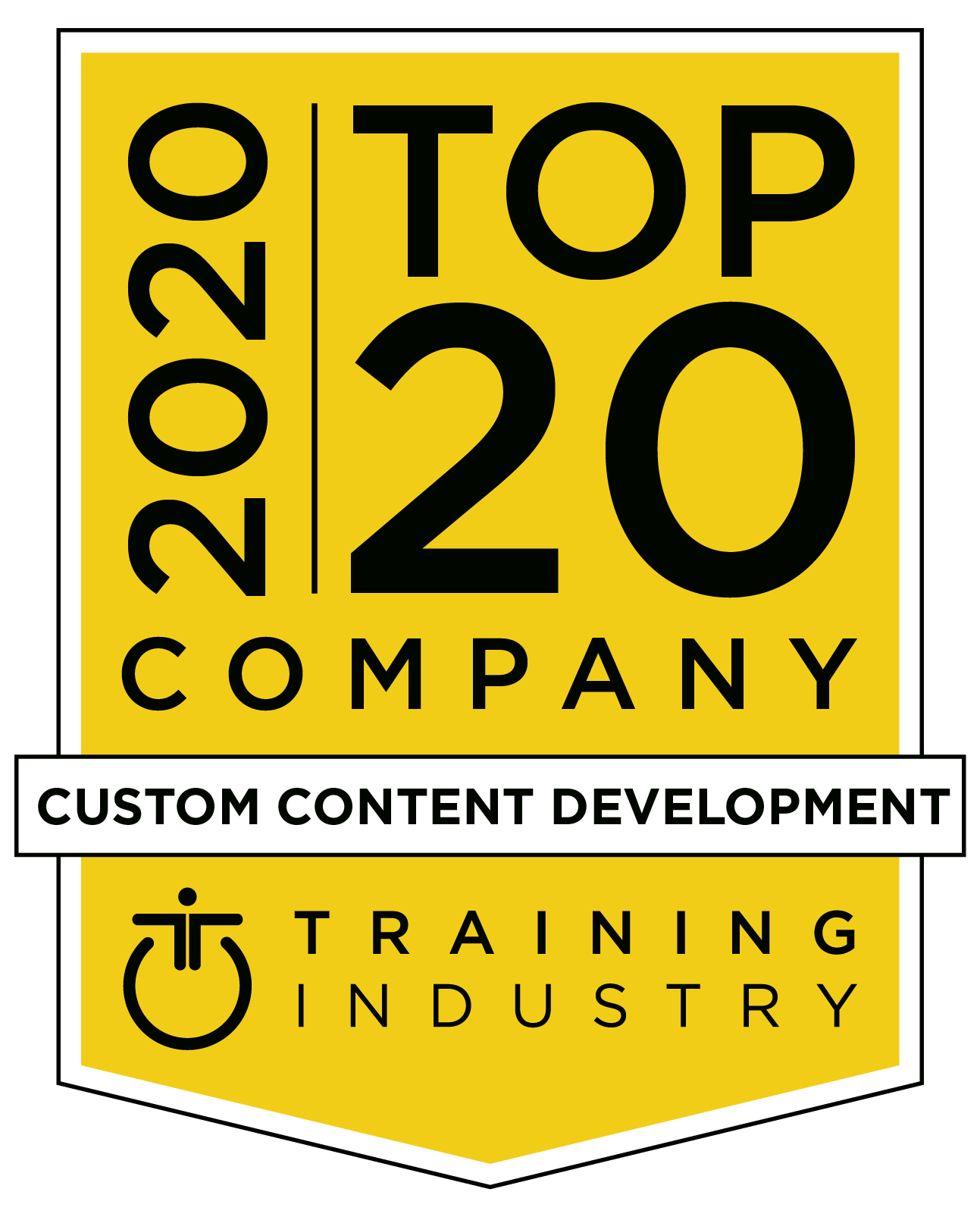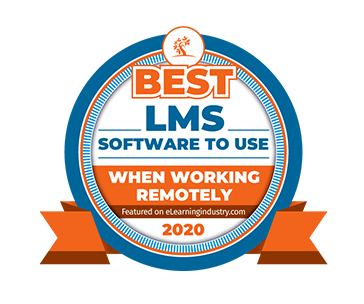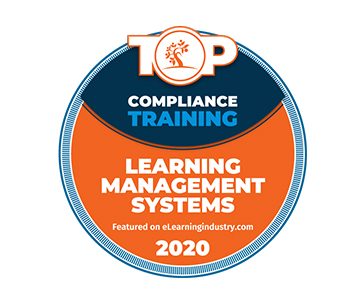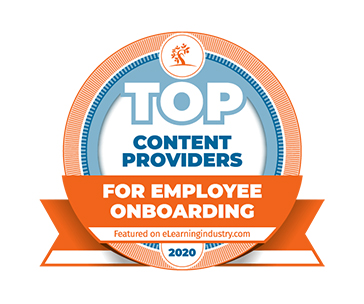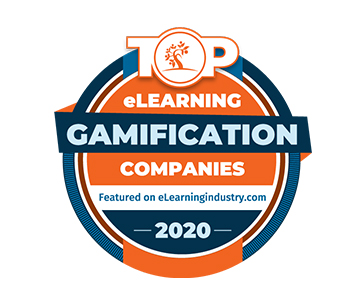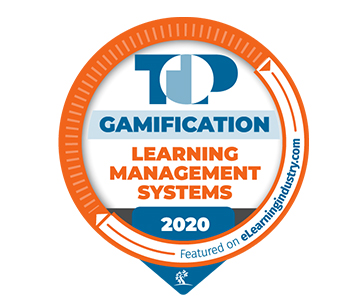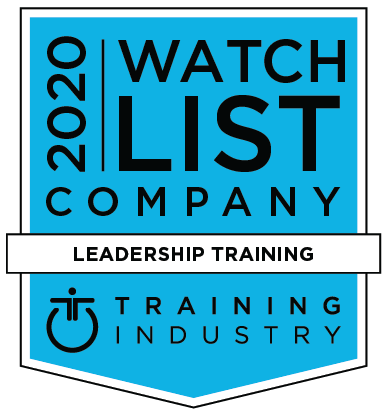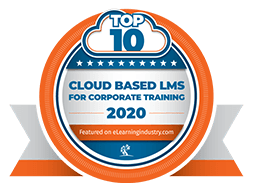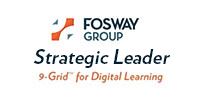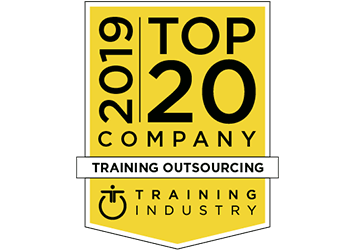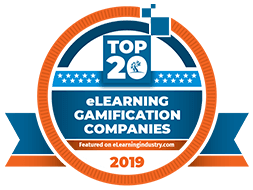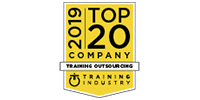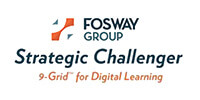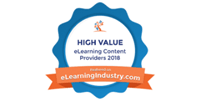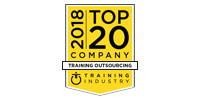The Modern Customer’s Expectations
Today customer service is a tool you can utilize to build customer relationships and drive sales. The quality of customer service your organization provides influences your potential customer’s sales decisions. It can also impact customer loyalty.
84% of consumers shared that customer service was a top factor they consider when making their purchasing decisions (1). However, providing quality service today requires more than it once did.Modern consumers are looking for more than information regarding facts and features. Customers expect your Employees to be able to answer any questions they may have. They look to your sales teams to provide key insights into how an offering will help them personally. This is where product knowledge training comes in.
The best training programs will equip your employees with essential information regarding your products and services. It will also help them know the features and benefits provide solutions for customers with varying needs. How do you develop product knowledge for your sales reps, directly impacting the quality of service they provide?
There are three highly effective strategies you can use to leverage product knowledge training to improve customer experiences.
Using Life-Like Examples to Build Context
One of the best ways you can help your employees gain a deeper understanding of your business’s solutions is by creating context. Many effective product training programs for sales teams use life-like examples or scenario-based learning. These methods show learners how a concept may be applied on the job. This can be done by using short animations or interactive video content.Forms of online training content that use life-like examples are highly engaging and can increase knowledge retention. This form of product training for sales helps learners understand the relevance of each topic. They help connect concepts to their job and everyday work experiences.
Utilizing Simulations to Help Your Sales Teams Build Confidence
Interactive simulations work much like role play in a traditional instructor-led session. Simulations or scenario-based learning courses are designed to help learners use critical thinking to solve problems they may encounter on the job. These online courses give learners opportunities to apply new skills or concepts in a simulated environment without risk.
Giving employees time and a safe environment to practice new skills helps them build confidence ahead of time. They will be prepared before ever having to apply the concept on the job. Increased confidence will help your employees effectively execute these skills in real-life situations and improve customer relationships.
Providing Just-in-Time Support Materials to Further Facilitate Learning
Common challenge L&D professionals often face while developing employee training programs is the “Forgetting Curve.” Hermann Ebbing Haus conducted a series of studies and found that people forget most of what they learn during training within weeks (2). This is why developing a workplace culture that supports continuous learning is critical for successful employee development.
One of the best ways to improve knowledge retention is by providing post-training support materials for your employees after they complete the initial product training program. Integrating various tools employees can use as a reference while on the job can further support the learning process and increase knowledge retention. Effective support materials include PDFs, posters, guides, workbooks, infographics, and short microlearning refresher videos. These materials will help employees remember what they have learned and take only minutes to complete.
EndNote
Providing quality customer experiences can give your organization a competitive edge in today’s marketplace. Today, consumers are prepared to pay more for exceptional service (3). Implementing an effective product training program can help ensure that your organization’s sales representatives are equipped with the knowledge and expertise to go beyond the customer expectations.
Learn how your organizations can leverage product training to achieve business goals. Read the eBook Product Knowledge Training as a Key Learning Asset.

